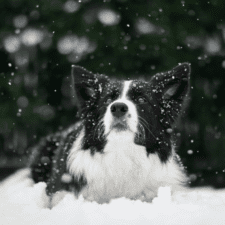Sled Dog Day is tomorrow, February 2nd. Here in Ontario, we definitely have our fair share of sled dogs. Dogsledding—or mushing, as it is also called—is thousands of years old, and is still practiced today! As you may know, the breeds that are best suited to sled dogs fall into the snow dog category. A local London, ON vet discusses caring for these fluffy, active pups in this article.
Common Breeds
Some breeds are perfectly suited to sledding. Others? Not so much. Strapping a Chihuahua to a sled may have worked for the Grinch, but will be pretty useless for the rest of us. The breeds most commonly found working as sled dogs include the Samoyed, Alaskan Malamute, Siberian Husky, and Chinook. Other pups that would fall under the snow dog umbrella include the Icelandic Sheepdog, Eurasier, American Akita, and Shiba Inu. One thing all of these pups have in common? Thick, fluffy coats!
Grooming
Fido’s pretty fur may look striking on him, but it won’t look anywhere near as pretty on your couch. These guys tend to be very heavy shedders, especially in spring and fall. You’ll need to groom your canine buddy regularly, using a special brush that is made for pups with undercoats. If your furry pal doesn’t object, you may be able to vacuum him with a special attachment made for pets. Never ever clip a snow dog. This can permanently damage his undercoat, and can lead to ongoing skin/fur issues.
Doggy Workout
Given that snow dog breeds are literally born to run, it’s probably not a surprise to find that their energy levels are usually set to 11. Fido will need lots of exercise! If your pooch can’t burn off his zoomies, he may channel that energy into making mischief instead.
Running
Many snow dog breeds are also notorious for running away. This doesn’t necessarily mean that Fido is trying to escape you. More likely, your pup just wants to patrol his territory. The issue here is that he may not see his territorial boundaries the same way you do. The fence in your backyard means nothing to him: he may think that his doggy domain actually extends quite far beyond it. Proper training is key here! We also recommend getting a good fence.
As your local London, ON veterinary clinic, we are here to help. Please contact us anytime!






